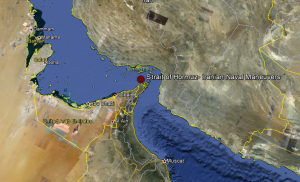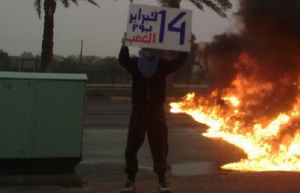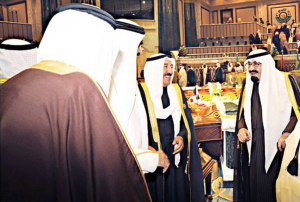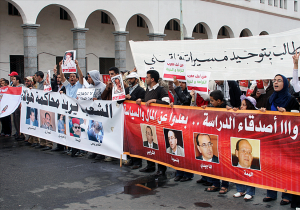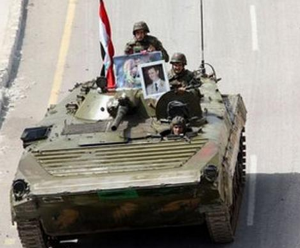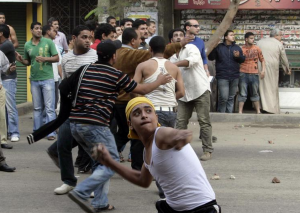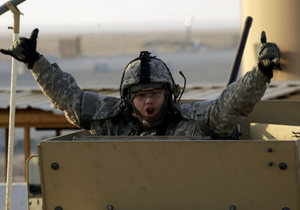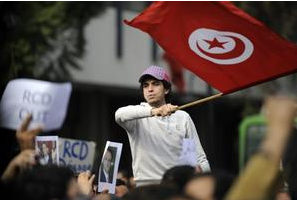By Daniel N.
Regardless of who was responsible, the recent suicide attacks bolster the position of the Assad Dictatorship.
Since the uprising began in March 2011, President Bashar Al Assad has attempted to brand the Syrian opposition as “terrorists” in order to justify his brutal crackdown. The carnage and mass casualties of Friday’s twin suicide bombing attacks may have done just that, throwing the spotlight on the possibility of extremist infiltration into the Syrian opposition.
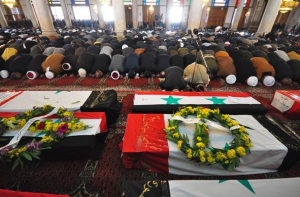
Friday’s carnage unfolded when at least two explosive-laden vehicles were detonated near security facilities in the heart of the capital. Plumes of smoke could be seen from throughout the capital, while gunfire reportedly rang out amidst the bedlam that followed. Indeed, the perpetrators had managed to smash the relative calm enjoyed by citizens of the Syrian capital, fomenting the kind of chaos more commonly seen in Kabul or Baghdad. Immediately after the explosions, the state media rushed to attribute to the attacks to Al Qaeda-affiliated jihadists, pointing to a recent report that operatives had penetrated its territory through Lebanon. Continue reading Syrian Opposition Takes a Hit From Damascus Bombings
